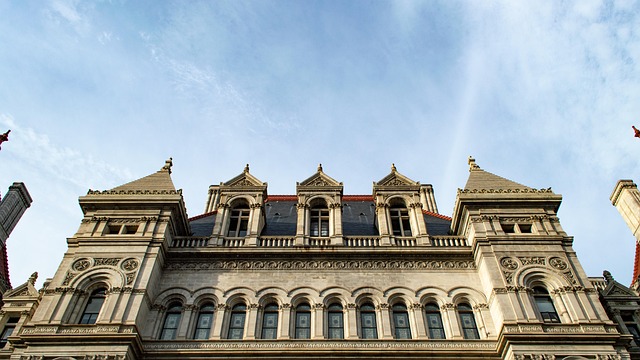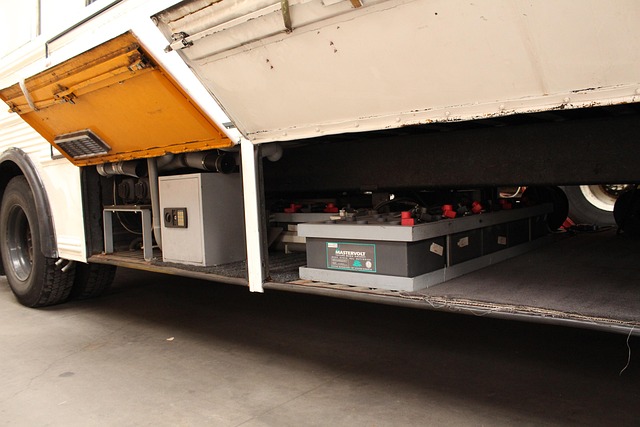Boston and New York City offer numerous convenient and responsible battery recycling options. Local initiatives include partnerships with home improvement stores, dedicated recycling centers, and sustainable programs using apps for easy drop-off locations. Municipal waste management services guide residents to collection points, with NYC providing specific collections for rechargeable batteries. Community events and strategic stations further promote safe disposal and reduce electronic waste in landfills across both cities.
Looking to do your part for the environment? Discover how to find a battery recycling station near me with our comprehensive guide. We explore various methods, from identifying battery recycling stations in Boston and locating eco-friendly disposal sites in New York, to understanding local programs and utilizing online tools. Learn about community initiatives promoting battery recycling and gain valuable insights into proper disposal methods for a greener future.
- Identifying Battery Recycling Stations in Boston
- Locating Eco-Friendly Disposal Sites in New York
- Understanding Local Recycling Programs for Batteries
- Online Tools to Find Nearby Recycling Centers
- Contacting Municipal Waste Management Services
- Promoting Battery Recycling: Community Initiatives
Identifying Battery Recycling Stations in Boston

Identifying Battery Recycling Stations in Boston has never been easier. Many local initiatives and partnerships have sprung up to address the growing need for responsible battery disposal. Home improvement stores across the Boston NY area are among the businesses that now offer recycling services for batteries, making it convenient for residents to dispose of old or used batteries responsibly. These stores typically provide designated drop-off points where you can leave your batteries for recycling.
For those looking for more specialized options, local battery recycling centers in Boston and its surrounding areas are readily available. These centers cater specifically to the eco-conscious individual seeking to ensure that their batteries don’t end up in landfills. By reaching out to these centers or checking online for their locations, you can find nearby facilities that accept various types of batteries, contributing to a greener Boston community.
Locating Eco-Friendly Disposal Sites in New York
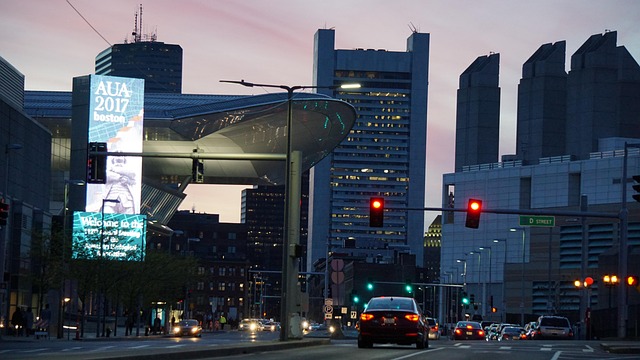
In New York City, locating eco-friendly disposal sites for batteries and e-waste is easier than ever thanks to a growing number of sustainable battery recycling programs. The Big Apple, known for its bustling streets and vibrant culture, is also emerging as a leader in responsible waste management. Many local initiatives, including startups based in Boston, have been established to facilitate the proper recycling of both single-use and rechargeable batteries.
NYC residents can conveniently drop off their used batteries at various designated stations scattered across the city. These sites not only promote the safe disposal of hazardous materials but also contribute to the circular economy by recycling batteries into useful products, such as art installations or new electrical components. For those seeking specific locations, apps and online resources offer detailed maps and information on where to find these sustainable battery recycling centers in Boston and throughout New York State.
Understanding Local Recycling Programs for Batteries
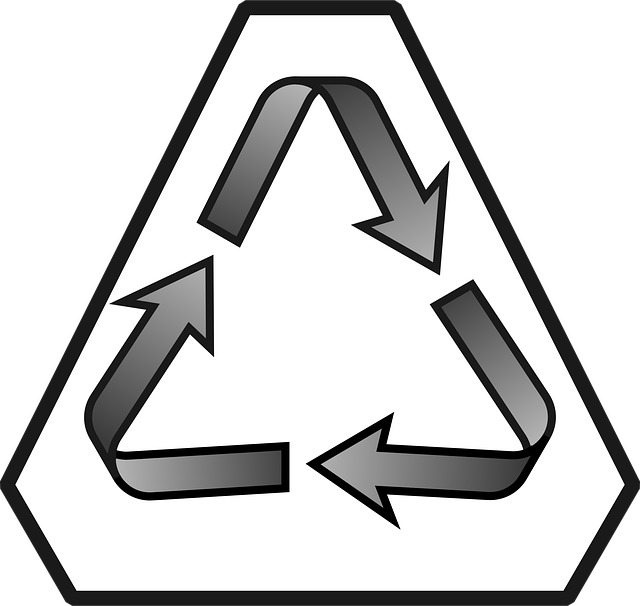
Many areas across the country, including Boston and New York (NY), have implemented local recycling programs specifically tailored for batteries. These initiatives are designed to make battery disposal more accessible and eco-friendly for residents. In Massachusetts, for instance, there’s a state-wide battery collection program that facilitates the proper recycling of various types of batteries, from household to industrial ones. Similarly, New York City (NYC) offers eco-friendly battery drop-off locations, making it convenient for locals to responsibly dispose of their used batteries.
School districts in both states have also embraced sustainable practices by incorporating battery recycling into their curricula. This not only teaches students about environmental responsibility but also ensures that batteries from schools are recycled appropriately. With these programs in place, Boston and NY residents can contribute to a more sustainable future while easily getting rid of their used batteries.
Online Tools to Find Nearby Recycling Centers
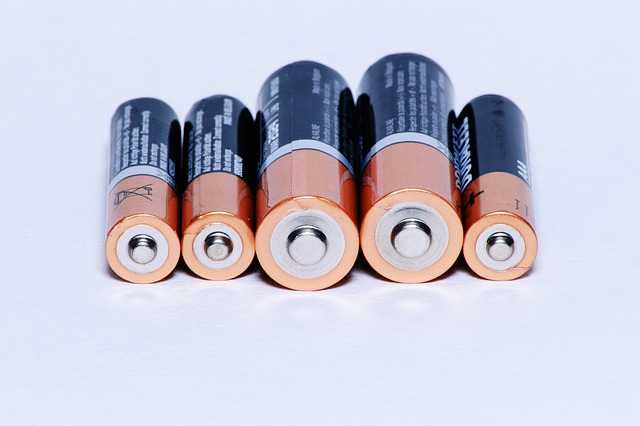
Staying environmentally conscious is easier with the help of online tools designed to connect users with nearby recycling centers. Websites and apps dedicated to eco-friendly initiatives offer a simple solution for those looking to responsibly dispose of old or dead batteries, such as those found in cars, electronics, and power tools.
For instances, both Boston and New York City have implemented nyc battery recycling initiatives that make it convenient for residents to recycle their used batteries. Utilizing these resources is a straightforward process—just type “how to recycle dead batteries in Boston” or “nyc community battery recycling” into your preferred search engine, and you’ll find a list of nearby locations accepting non-toxic battery recycling in NY or MA.
Contacting Municipal Waste Management Services
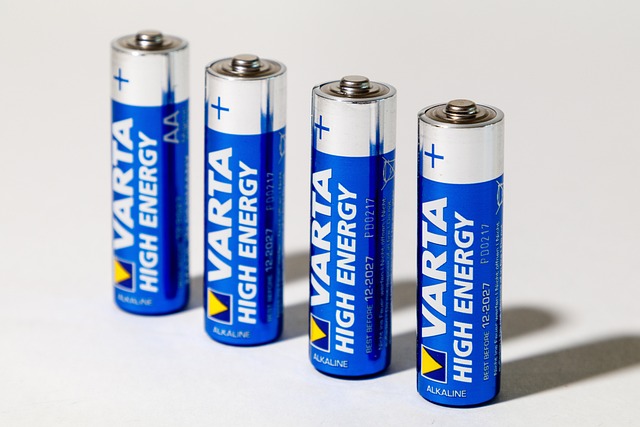
If you’re looking to recycle your batteries in Boston or New York City, contacting your local Municipal Waste Management Services is a great first step. Many cities have dedicated programs and facilities for proper battery disposal and recycling. These services can provide you with information on the closest battery recycling Boston NY collection points, which often include drop-off locations at municipal centers or designated sites within community parks.
For instance, New York City offers rechargeable battery collection points and biodegradable battery recycling programs, ensuring residents have convenient options to responsibly dispose of old or used batteries, including lithium ion batteries NYC. Similar initiatives might be available in Boston, so it’s worth checking with your local waste management authority for specific details on recycling batteries at farmers markets NY or other community-based battery recycling services near me.
Promoting Battery Recycling: Community Initiatives
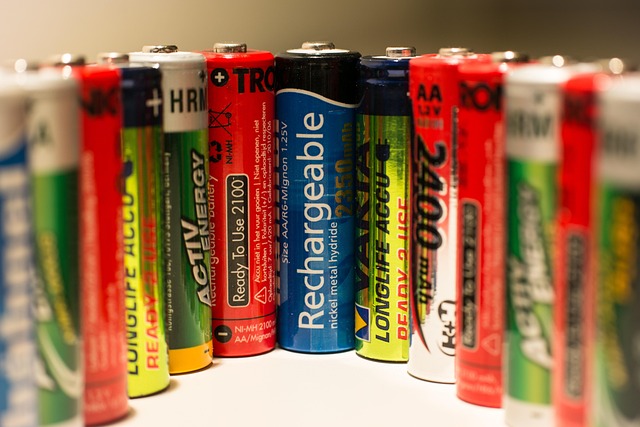
Promoting Battery Recycling: Community Initiatives
In many urban centers like Boston and New York (NY), community-driven efforts play a significant role in encouraging responsible battery disposal and recycling. Local initiatives often include partnerships between government bodies, environmental organizations, and businesses to establish convenient drop-off points for used batteries. One popular strategy is the placement of battery recycling stations at department stores across NY, making it easier for residents to contribute to the cause. These collaborative efforts not only educate the public on the importance of battery recycling but also ensure that hazardous materials are handled and processed safely.
New York City (NYC) battery recycling initiatives have gained momentum in recent years, driven by a growing awareness of environmental conservation. By making battery recycling accessible through various community programs, residents can play their part in reducing electronic waste. Whether through dedicated recycling centers or pop-up events, these initiatives highlight the availability of resources for responsible battery disposal. Encouraging participation in such programs is vital to creating a sustainable future, ensuring that batteries are recycled rather than ending up in landfills.
Finding a convenient and eco-friendly way to recycle your batteries is now easier than ever, whether you’re in bustling Boston or vibrant New York. By utilizing the resources outlined in this article, from local government initiatives to online tools, you can quickly locate nearby battery recycling stations for Boston and NY residents alike. Remember that each community’s programs may vary, so staying informed about local recycling practices is key. Together, we can all contribute to a greener future by promoting proper battery disposal and supporting sustainable practices in our daily lives.

